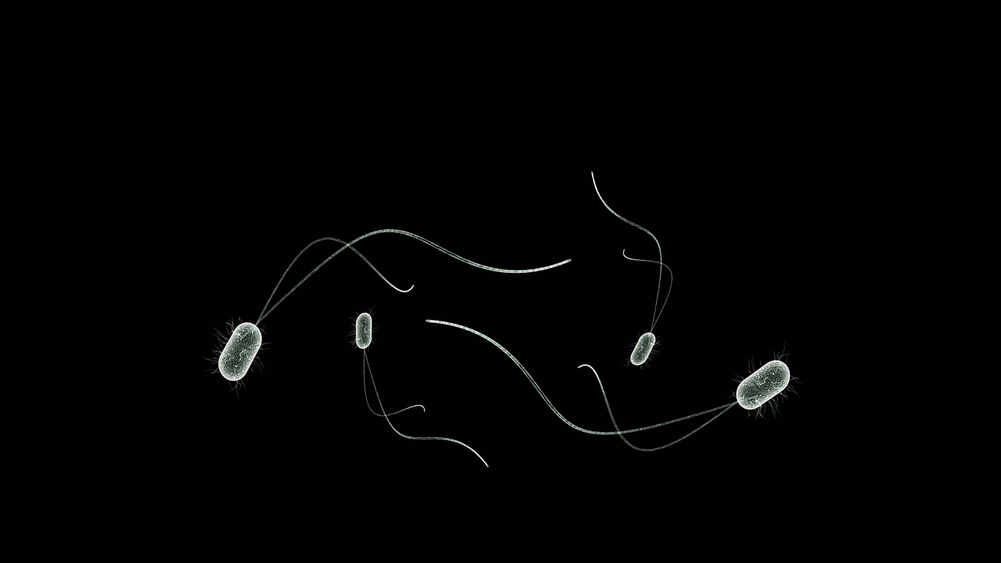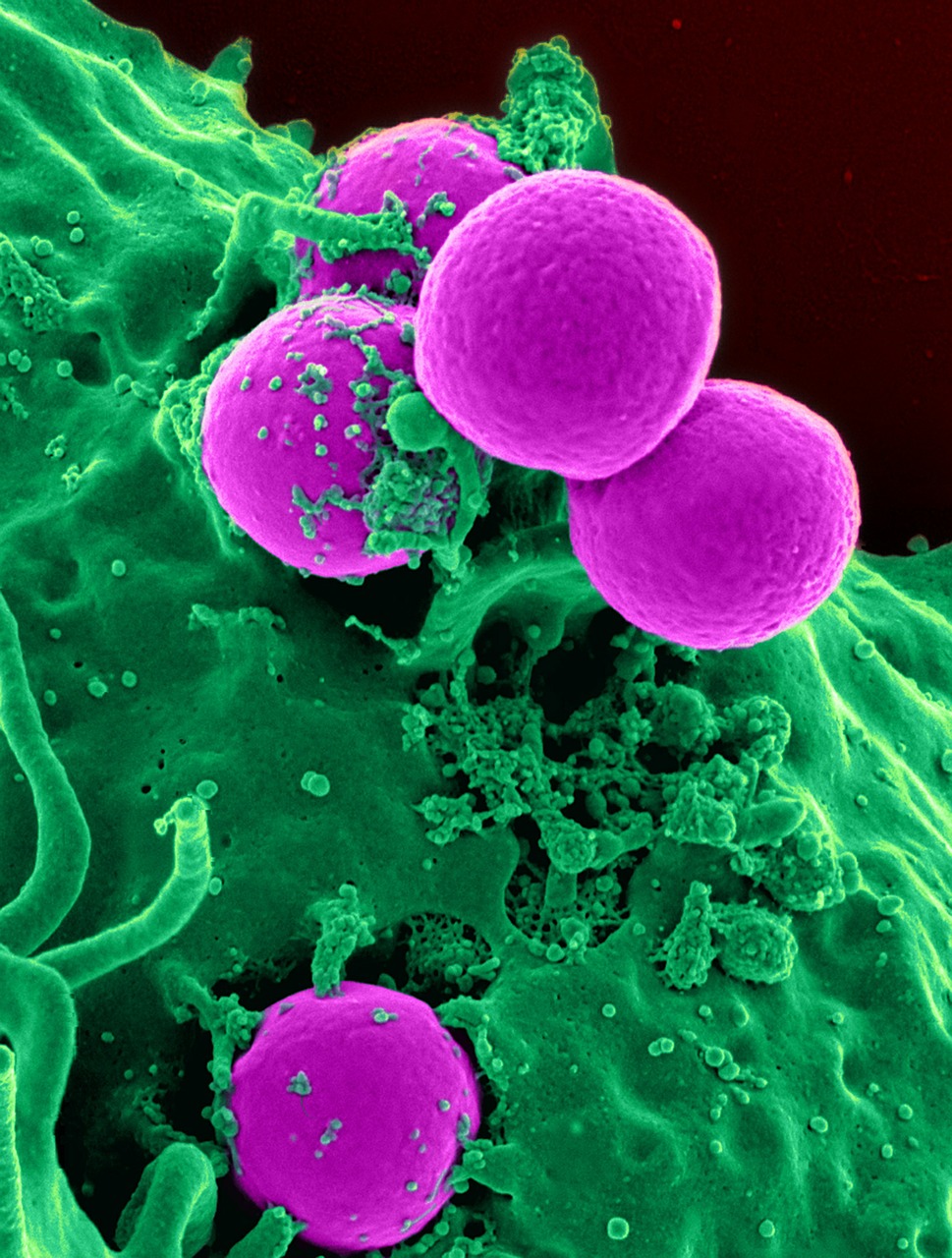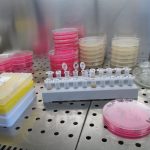Scientists managed to add X and Y nucleotide bases to Escherichia coli bacteria’s natural genetic alphabet and create entirely new, synthetic proteins. This is a major step toward creating artificial life but the goal of their study was actually to develop a novel protein-based drug treatments.
DNA is made from different combinations of DNA’s nucleotide bases — adenine (A), cytosine (C), guanine (G), and thymine (T). Chemical biologist Floyd Romesberg and his team at the Scripps Research Institute in La Jolla, California, however, expanded the natural genetic alphabet by including an X and a Y in a strain of E. coli bacteria back in 2014. In a new study published in the journal Nature, they’ve taken that work one step further. Their partially synthetic strain of E. coli can now process instructions from its additional X and Y nucleotide bases to express new proteins.
“This is the first time ever a cell has translated a protein using something other than G, C, A, or T,” Romesberg told Reuters. “It’s the first change to life ever made.”
The research group has no intention to create new, hybrid life forms. X and Y nucleotide bases can’t bond with DNA’s natural bases. In natural DNA, base pairs are attracted to each other with hydrogen bonds. However, Romesberg’s X and Y bases are attracted through hydrophobic effect. Also, because cells cannot make their own X and Y without the addition of certain chemicals, the semi-synthetic organisms (SSOs) can’t survive outside a laboratory setting.
“They can’t escape,” Romesberg said. “There’s no Jurassic Park scenario.”
However, we must be cautious when dealing with the manipulation of life.
“Based on our knowledge of how life works (at the molecular level and above), it’s not worthwhile to attempt a distinction between ‘natural’ and ‘artificial’,” said University of Waterloo associate professor Brian Ingalls for Futurism. “We can, however, distinguish ‘new’ from ‘old,’ and there we should be concerned about the potential for new organisms to disrupt existing ecosystems.”
Romesberg’s semi-synthetic study is designed in such a way that it prevents disruption of existing life on Earth. As he noted, SSO stores and retrieves increased information. He guesses, if one can develop a genetic artificial intelligence, SSO could be used to house it.
The development of novel protein-based drug treatments is the most desired application. Many of the proteins are quickly flushed out of the body by our kidneys. Romesberg’s semi-synthetic DNA could be used to create proteins bearing fat molecules that would prevent this quick removal.
They want to help our environment as well. “Our long-term interest is not getting bacteria and other cells to make proteins for us, but rather to see if we can get the cells to use (the proteins) themselves to gain new functions or attributes,” said Romesberg. “For example, could we give bacteria proteins that allow them to break down certain hydrocarbons that we could then use to clean up oil spills?”
In 2014, Romesberg formed a company called Synthorx Inc, which is working on developing new protein-based treatments. Research group hopes to expand the genetic alphabet to organisms more complex than E.coli, such as yeast or humans.
Learn more about Professor Floyd Romesberg research in the video below:
By Andreja Gregoric, MSc











